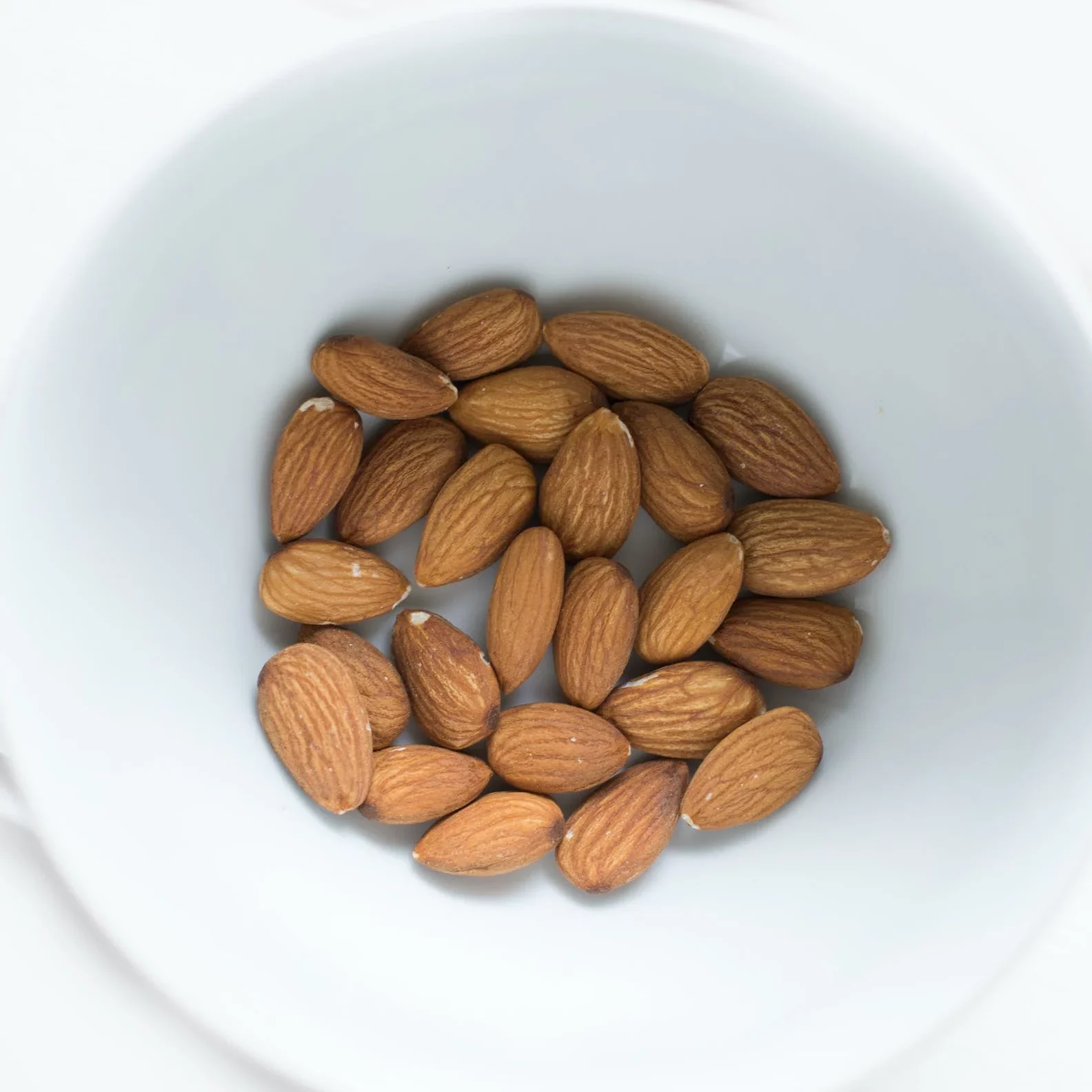WeightControl.com Interview with:
Prof. Alison M. Coates PhD
Allied Health & Human Performance
Alliance for Research in Exercise, Nutrition and Activity (ARENA)
University of South Australia
Adelaide, South Australia, Australia
WeightControl.com: What is the background for this study?
Response: Studies have indicated an inverse association between nut consumption and BMI, suggesting that nut consumption may have a protective effect against accumulation of adiposity. However, despite these findings, there has been a common perception that nut consumption will lead to increased body weight or impair weight loss when a person is trying to lose weight.
Nuts are a core food according to the Australian dietary guidelines and a rich source of good fats, protein, fibre, vitamins and minerals.
Therefore, this study aimed to contribute to the growing research surrounding nuts, specifically to evaluate whether the inclusion of 15% of dietary energy from almonds compared with carbohydrate-rich snacks in an otherwise nut-free diet would improve weight loss during 3 months of dietary energy restriction (~30% reduction) and limit weight regain during 6 months of weight maintenance.

WeightControl.com: What are the main findings?
Response: The study was funded by the Almond Board of California and included 140 Australians aged 25-65 years with overweight or obesity.
On both diets, participants lost an average of ~7 kg and improved their lean body mass after three months
There were reductions in risk factors for cardiometabolic disease (blood pressure, fasting glucose, fasting blood lipoproteins (total cholesterol, low density lipoprotein (LDL) cholesterol and triglyceride levels), body weight and waist circumference) and an increase in a protective factor (high-density lipoprotein, HDL) in both groups with some additional benefits for those participants who ate almonds with greater reductions in certain blood lipoprotein concentrations that have been linked to elevated cardiovascular disease risk.
WeightControl.com: What should readers take away from your report?
Response: Eating an energy restricted diet (either with or without nuts) over 3 months with regular support from a registered dietitian to achieve weight loss resulted in clinically important reduction in risk factors for heart disease and type II diabetes. The reduction in harmful lipoproteins with weight loss in both groups was beneficial and linked with reduced cardiometabolic risk.
The greater reduction in the concentration of particular types of the lipoproteins (very small triglyceride-rich and small low density lipoprotein particles) observed in the group who ate almonds is good news. These types of lipoproteins are associated with the progression of atherosclerosis (build up of plaques within blood vessels) and a higher risk of developing cardiovascular disease
For people wanting to lose weight, it is possible to eat a diet that has lower energy and still be able to include almonds. The amount of weight loss achieved was the same for those who are almonds or an energy matched diet without nuts but those who ate almonds had additional benefits to cardiovascular disease risk factors. Participants in the almond group ate between 30-50g of whole, natural (raw) Californian almonds with skins per day (depending on their energy needs) while the control group snacked on rice crackers and oven-baked fruit cereal bars. Nuts are a core food in the Australian dietary guidelines and commonly found in many traditional diets around the world. They are rich in several essential nutrients and snacking on almonds is a healthy alternative to processed snack foods.
WeightControl.com: What recommendations do you have for future research as a result of this work?
Response: Future research should investigate different doses of almonds and test people with additional heart disease and diabetes risk factors, as the results are not generalizable to populations with chronic diseases.
WeightControl.com: Is there anything else you would like to add? Any disclosures?
Response: This work was funded by the Almond Board of California. This funding source had no role in the design of this study or in the analysis and interpretation of the data. The lead author Professor Alison Coates (AMC) has consulted for Nuts for Life (an initiative of the Australian Tree Nut Industry), a co-author (S-YT) has previously been involved in studies funded by the Californian Walnut Commission and AMC, JDB, AMH, and S-YT have previously been involved in studies funded by the International Nut and Dried Fruit Council.
Citation: Carter, S, Hill, AM, Mead, LC, et al. Almonds vs. carbohydrate snacks in an energy-restricted diet: Weight and cardiometabolic outcomes from a randomized trial. Obesity (Silver Spring). 2023; 31(10): 2467-2481. doi:10.1002/oby.23860
The information on WeightControl.com is provided for educational purposes only, and is in no way intended to diagnose, cure, endorse or treat any medical or other condition. Always seek the advice of your physician or other qualified health and ask your doctor any questions you may have regarding a medical condition. In addition to all other limitations and disclaimers in this agreement, service provider and its third party providers disclaim any liability or loss in connection with the content provided on this website.
Last Updated on September 21, 2023 by weightcontrol
